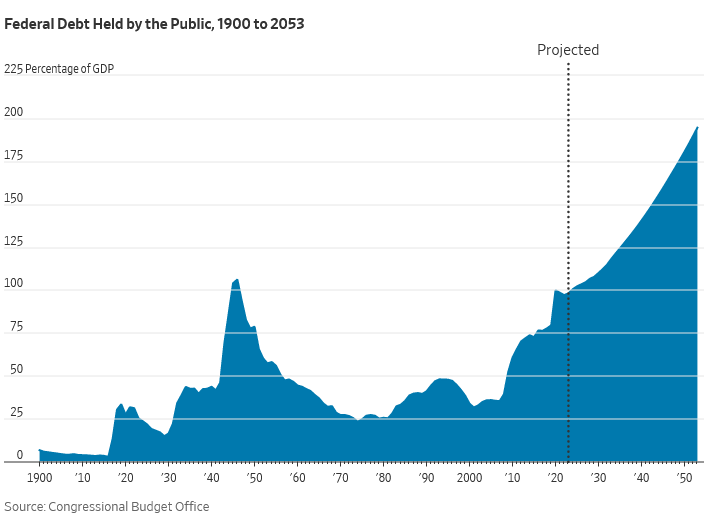State Medicaid programs were created for the explicit purpose of providing health insurance coverage for State citizens on the lower rungs of that State’s economic ladder. The Federal government transfers Federal funds—the tax remittances of all of us citizens regardless of the State of which we might also be citizens—to support those Medicaid programs.
In California’s case, Federal transfers in support of Medi-Cal, that State’s Medicaid program, comprise more than 69% of the program. That amounts to 71.4 billion of our tax dollars.
Now the Progressive-Democrat governor of California, Gavin Newsom, wants Medi-Cal to pay the rent for the State’s homeless.
Newsom has proposed using federal healthcare funds to cover at least six months of rent for homeless California residents and those close to losing their homes.
The foolishness is spreading; California is not the only State pulling this stunt.
California is modeling the program off of similar programs in Oregon and Arizona that have been previously approved by the federal government.
Oregon gets 76%—$8.5 billion—of its Medicaid program covered by the Feds, and Arizona gets more than 80%—$14.3 billion—of its Medicaid funding from the Feds.
Newsom argues—and he’s actually serious—that this will save money in the long run because the State (as JtN cited him)
will not have to pay as much for these people’s expenses in hospitals, nursing homes and prisons.
This is a cynical non sequitur. Nursing homes and prisons aren’t centered on medical care, for all that medical care is a small part of those…services. Those services’ costs also are already factored into their budgets. Too, hospitals aren’t residences—and their medical service costs also are already factored into their budgets, including in part from California’s existing Medi-Cal.
Maybe it’s time to stop sending the Medicaid-related tax remittances of citizens of other States to these States.

